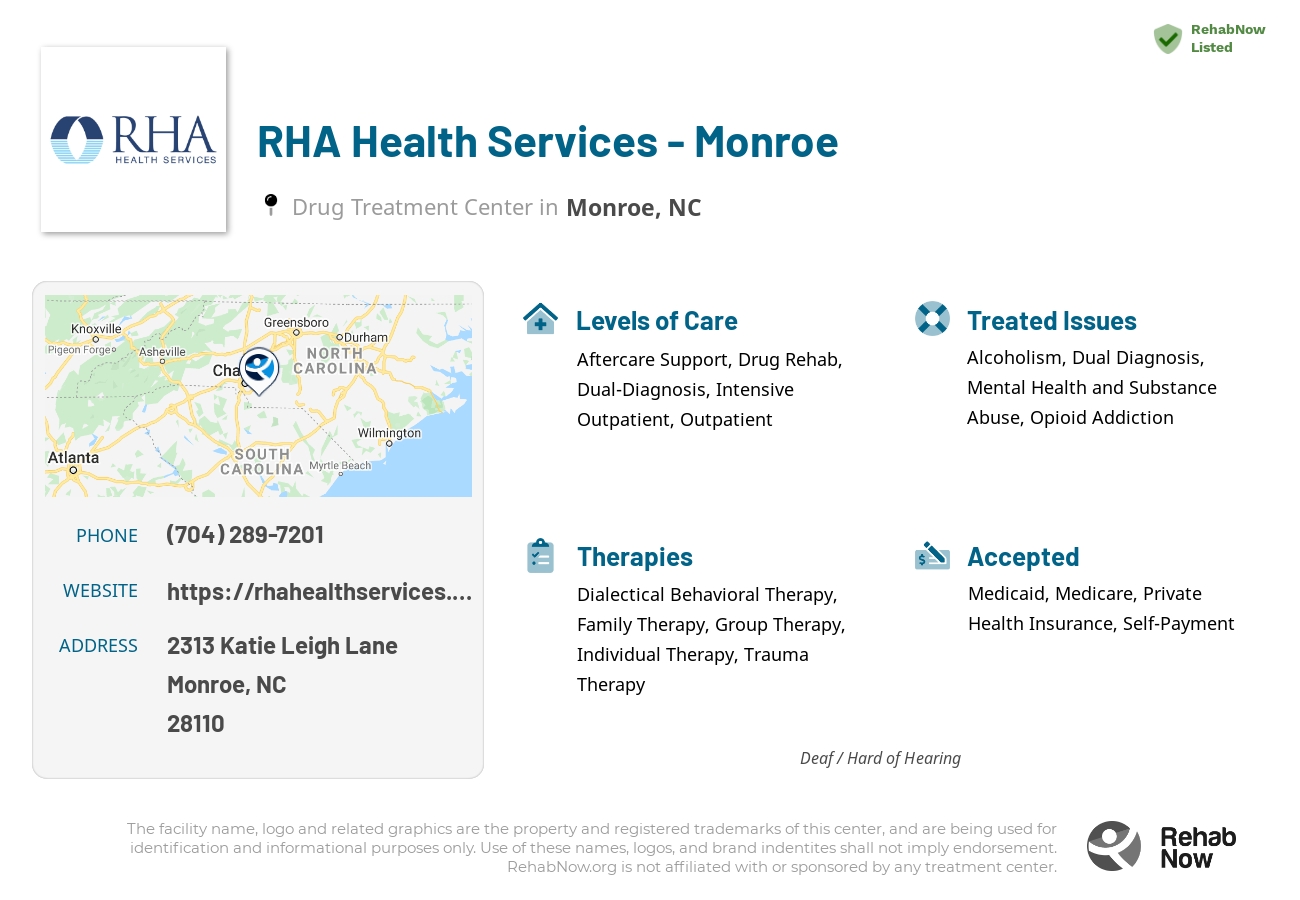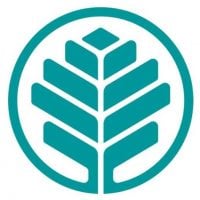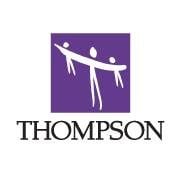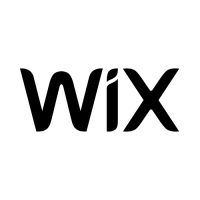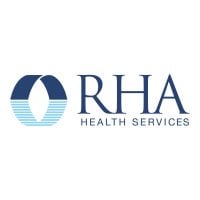
RHA Health Services - Monroe
Drug Rehab Center in Monroe, North Carolina
- Opioid Addiction
- Dual Diagnosis
- Drug Addiction
- Alcoholism
RHA Health Services - Monroe in Monroe, North Carolina provides comprehensive addiction treatment services, including detox, rehab, and outpatient programs, with personalized and evidence-based care for individuals suffering from Alcoholism, Dual Diagnosis, Opioid Addiction, and Drug Addiction, accepting private health insurance.
About RHA Health Services - Monroe in North Carolina
RHA Health Services in Monroe, North Carolina, stands as a private rehabilitation center focusing primarily on treating alcoholism, drug addiction, dual diagnosis, and mental health alongside substance abuse. Its unique approach centers on supporting individuals to live their most fulfilling lives by achieving personal goals and sustaining meaningful community relationships, backed by evidence-based treatments tailored to each person.
Accredited by CARF, RHA Health Services has been a pivotal support system since 2003, accepting private health insurance. The facility offers a broad spectrum of specialized and comprehensive treatment services, emphasizing personalized care plans designed to meet each patient's individual needs and interests.
- Evidence-Based Treatments: Utilizes up-to-date, proven methods to support recovery.
- Personalized Care Plans: Tailored treatment to address each individual's unique needs.
- Comprehensive Support Services: Includes aftercare, life skills training, and wellness programming.
RHA Health Services treats a variety of issues including alcoholism, opioid addiction, and dual diagnosis, using a mix of group therapy, individual therapy, medication-assisted treatment, and more. Their levels of care range from intensive outpatient programs to medical detox, ensuring a full continuum of care for those in need.

Genders
Ages
Modality
Additional
Accreditations

CARF
The Commission on Accreditation of Rehabilitation Facilities (CARF) is a non-profit organization that specifically accredits rehab organizations. Founded in 1966, CARF's, mission is to help service providers like rehab facilities maintain high standards of care.
Conditions and Issues Treated
Many people who struggle with opioid addiction need to attend specific programs like methadone , Suboxone or Vivitrol clinics.
These types of programs will provide the patient with legal, prescription medications that can help them overcome their cravings for illegal opioids like heroin or fentanyl . If the patient has a chronic condition like Hepatitis C, they must undergo treatment before they can begin taking these medications.
Dual Diagnosis is a specific relationship between two or more disorders that have the same symptoms and can sometimes be treated together. This is used in the treatment planning process when dealing with drug addicts. Dual diagnosis can be viewed as a chronic medical condition that has comorbid psychiatric disorders.
Although addiction and a mental illness may have separate symptoms that are not easy to detect, they often go hand in hand. Many times, drug abuse is a direct result of the mental illness. In other words, treating the addiction will not resolve all of your issues. Unless you also treat the underlying mental illness, you will not be successful in achieving sobriety.
Levels of Care Offered
This center offers a variety of custom treatment tailored to individual recovery. Currently available are Aftercare Support, Drug Rehab, Dual-Diagnosis, Intensive Outpatient, Outpatient, with additional therapies available as listed below.
An intensive outpatient program is usually the first phase of addiction treatment. It provides relief for those who are addicted, but are not ready to commit to an inpatient setting. Typically, the patient lives at home and is able to work or go to school. IOPs consist of a daily 3 to 5-hour program, and there is a required number of hours per week. Most patients go to IOP between 20 and 40 hours per week. The patient attends group counseling and individual therapy throughout the duration of treatment. They also meet daily with their therapist to discuss how it’s going and where they are in the recovery process.
The goal here is to teach patients healthy coping skills, such as stress management and identifying thoughts and behaviors that lead to relapse. The implementation of these skills will be useful as the individual transitions into the next phases of treatment.
An outpatient treatment program is set up to help with alcohol or drug addiction, or a co-occurring disorder. The patient must attend the North Carolina facility for their therapy and other programs but are able to return home each night. The frequency of mandatory attendance decreases after much of RHA Health Services - Monroe‘s program is complete.
Aftercare is a term that’s used to refer to any sort of continuing care offered for a drug addict who has voluntarily entered a rehabilitation program. This type of care can be provided in several settings, including outpatient therapy sessions after the addict has completed an inpatient program. There are also 12-step support groups, such as Alcoholics Anonymous, which can provide additional help for addicts trying to stay sober.
Therapies & Programs
Individual Therapy is a critical component of addiction recovery. Therapists work with patients to identify the root of their addiction and figure out how to better handle the issues that led to them using drugs. Individual Therapy is the one-on-one session where people meet with their therapist. Individual therapy provides a safe space for people to open up and discuss personal and sensitive topics which they may not feel comfortable discussing in a group setting.
Family therapy will also help families realize that the addiction is not their fault. For many years, people blamed themselves for an addict’s behavior and felt that they had done something wrong. This is not the case. Addiction is a disease, and it can strike anyone, even if their life seems fine from the outside. It can bring a lot of shame to a family when they have an addict in their midst, but if everyone is open and honest with each other, then they can help everyone stay in recovery.
Group Therapy is utilized by drug treatment centers like RHA Health Services - Monroe to provide the recovering drug addict with a platform to talk about their feelings and experiences. It also provides for an opportunity to learn from other addicts who have successfully overcome their addiction.
Group Therapy is employed in lectures, seminars, or discussion groups (the latter two are typically conducted as “therapy groups”). It is recommended that all group members be recovering addicts for this type of therapy to work (though it does not exclude others with lived experience).
Trauma therapy is a clinical process that helps individuals deal with mental stress often caused by traumatic events. It is generally done for children, teenage victims of sexual assault, and war veterans. The therapist helps the person identify, understand and work through the problem. This is done with the help of talking about it in group or one-on-one counseling sessions. Therapists use relaxation, role-playing, art, and music to help the person open up about what is bothering them.
Dialectical Behavior Therapy (DBT) is used by drug treatment centers across the United States to help drug addicts become sober. DBT combines traditional behavioral treatments with elements from DBT, including dialectics, distress tolerance, and interlocking issues. It is commonly used to treat Borderline Personality Disorder (BPD) along with substance abuse disorders. The four DBT modules are mindfulness, interpersonal effectiveness, emotion regulation, and distress tolerance.
Payment Options Accepted
For specific insurance or payment methods please contact us.
Is your insurance accepted?
Ask an expert, call (888) 674-0062
RHA Behavioral Health Services Associated Centers
Discover treatment facilities under the same provider.
- RHA Behavioral Health Services - Neil Dobbins Center Detox in Asheville, NC
- RHA Behavioral Health Services - Neil Dobbins Center in Asheville, NC
- RHA Behavioral Health Services - East Concord in Concord, NC
- RHA Health Services - High Point in High Point, NC
- RHA Health Services - Marshall in Marshall, NC
Learn More About RHA Behavioral Health Services Centers
Additional Details
Specifics, location, and helpful extra information.
Monroe, North Carolina 28110 Phone Number(704) 289-7201 Meta DetailsUpdated April 15, 2024
Staff Verified
RHA Health Services - Monroe Patient Reviews
There are no reviews yet. Be the first one to write one.
Monroe, North Carolina Addiction Information
North Carolina ranks 29th in the nation for overall substance abuse. Many of the drugs abused in the state are illicit, and many of these are opioids. Prescription opioids are readily available due to the high rates of medical workers prescribing them. The number of prescriptions has increased tenfold since the 1980's. Opioid overdoses are the most common type of death in North Carolina.
The drug addiction problem in Monroe, North Carolina, is severe. Drug addiction and abuse rates in Monroe, NC, are increasing. In 2015, 1,077 people died from overdoses - a rate of 14.4 deaths per 100,000 people. There are many different types of addiction treatment available in Monroe, and people can find the best programs. 12-step programs are popular among those who are recovering from addiction.
Treatment in Nearby Cities
- Kinston, NC (169.8 mi.)
- Roxboro, NC (130.9 mi.)
- Richlands, NC (171.4 mi.)
- Marshall, NC (131.3 mi.)
- Sparta, NC (108.2 mi.)
Centers near RHA Health Services - Monroe

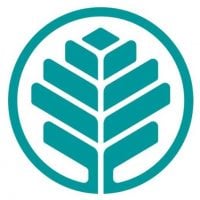
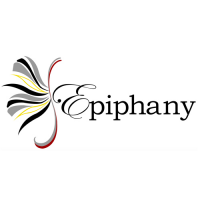
The facility name, logo and brand are the property and registered trademarks of RHA Health Services - Monroe, and are being used for identification and informational purposes only. Use of these names, logos and brands shall not imply endorsement. RehabNow.org is not affiliated with or sponsored by RHA Health Services - Monroe.


